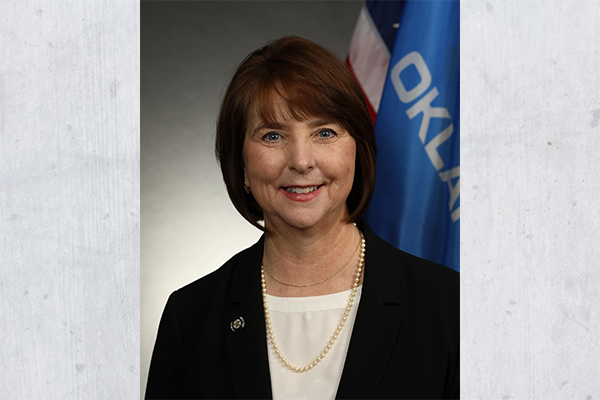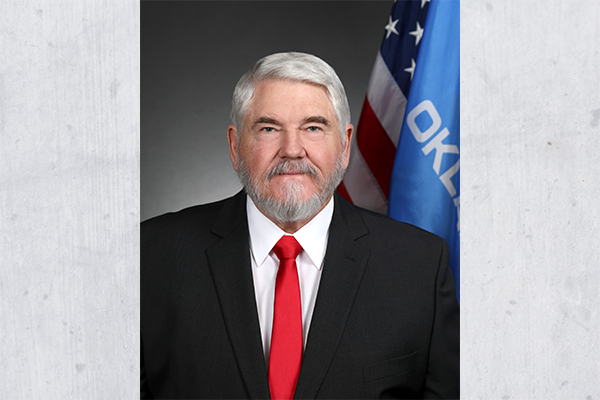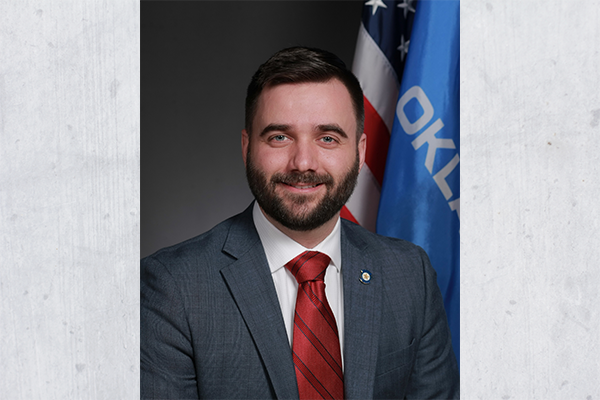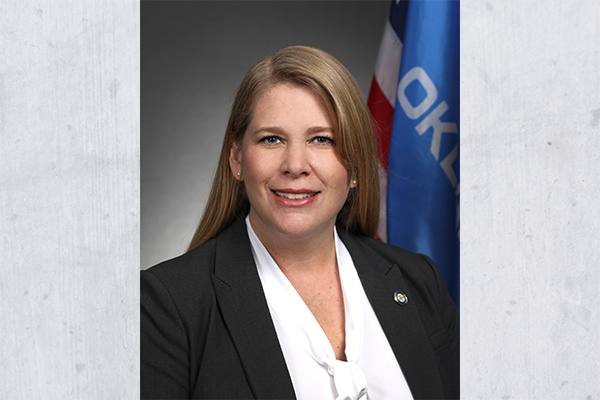OKLAHOMA CITY – The 149 members of the Oklahoma Legislature will face a mountain of legislation when they return to the Capitol for the upcoming session.
Following last Thursday’s bill filing deadline about 2,300 new bills and resolutions were filed for the upcoming session. In addition, lawmakers carried over almost 2,500 bills and resolutions from last year.
Yes, that’s a total of 4,500 pieces of legislation waiting to be review and acted on between February and the end of May.
However, only a few hundred proposals will survive to become law. In Oklahoma, most legislation is assigned to a committee. Bills assigned to a committee have to be voted out of committee before they can move to the full house of origin. Once a bill has cleared the house where it originated, it must restart the process in the opposite house.
On occasion, a few bills – usually authored by a member of the leadership team – are sent directly to the full body. Only bills that have cleared both houses of the legislature with the exact same lauguage can be sent to the governor.
Last week’s deadline did not apply to appropriations bills which can be filed throughout the session, a media statement from the Oklahoma Senate said. Senate rules also allow for bills by the President Pro Tempore to be filed throughout the session. Senate resolutions and concurrent resolutions can be filed throughout the session as well.
This year’s session – the Second Session of the 58th Oklahoma Legislature – is expected to be controversial. In addition to the regular election year cycle, the Republican-controlled legislature has targeted several social issues including abortion, critical race theory, books in school libraries, COVID policy and vaccine issues.
For example, state Sen. Nathan Dahm, R-Broken Arrow, filed four bills to address election integrity. In a media statement, Dahm said the measures were necessary because “there are questions and concerns with the integrity of the November 2020 elections. These bills seek to alleviate those questions and concerns.”
Dahm said mail-in ballots were a source of contention. He also called for a forensic audit of the 2020 election. In his statement, however, Dahm did not raise concerns about his own election.
Further, in Oct. 2021, State Election Board Secretary Paul Ziriax, who also serves as Secretary of the Oklahoma Senate, wrote a letter to state lawmakers calling claims about fraud in the Oklahoma election “entirely without merit.”
Ziriax wrote, "The people of Oklahoma can rest assured that our state has one of the most accurate and secure voting systems in the entire world. The true and correct results of Oklahoma’s 2020 elections are those results that were certified by Oklahoma election officials.”
The claims, raised by MyPillow CEO Mick Lindell, said that then-President Donald Trump won the Oklahoma vote by 128,000 more votes than were reported. State election returns show that Trump easily won the Sooner state.
In addition to Dahm’s proposals, a bill by Sen. George Burns, R-Pollard, would “better protect minors from accessing sexually explicit materials.”
Burns’ proposal, Senate Bill 1234, would require manufacturers and retailers of internet-enabled devices, such as televisions and computers, “to ensure their products are equipped with filters at the time of sale that would block applications or websites that share these materials. It would also include a way to report any websites or applications that are not properly blocked by the filter.”
Other proposals would require the Oklahoma Health Care Authority to provide Medicaid reimbursement for providers who screen children and adults for adverse children experiences, if the funds are available.
And a measure by Sen. Rob Standridge, R-Norman, which would require municipalities to require homeless camps to be “properly permitted, just as other campgrounds are required to be.”
Norman Democrat, Sen. Mary Boren said she had filed legislation that would extend the Parent’s Bill of Rights to “better inform families about issues important to their children’s education.”
Boren said her bill would “add information about upcoming school elections, community ‘wrap-around’ resources for youths, ability to use free instructional materials at home, and parents’ right to opt out of certain student testing data collection.”
In the House of Representatives, state Rep. Wendi Stearman, R-Collinsville, said she had filed three bills to “support the rights of Oklahomans against oppression and against the exploitation of the COVID-19 virus.”
Stearman said House Bill 4321 would prohibit the State Department of Health, medical facilities and doctors from bribing parents into having their children vaccinated while House Bill 4322, she said, “aims at stopping the State Department of Health from using taxpayer dollars to advertise the COVID-19 vaccine to taxpayers.”
Currently in Oklahoma, close to 894,000 residents have been infected with the coronavirus. Of that number, 12,968 have died. State health officials have reported there are 122,760 active cases of coronavirus.
Last week hospital officials in Oklahoma County called on Oklahomans to take a more aggressive approach to the COVID-19 pandemic. In a joint letter released to the public, the leaders of four of the state’s largest hospital systems said they have no beds in their intensive care units, no inpatient beds available and their emergency departments were overflowing.
The letter, issued by the chief medical officers of Integris Health, Mercy, OU Health and SSM Health St. Anthony, said hospital systems in the Oklahoma City metro area had 300 fewer beds today than they did at the same time last year.
“We have the same number of COVID patients in the hospital,” the letter said. “And this number will continue to go up at least for the next few weeks. It’s a desperate battle and we need you to be aware and help.”
State lawmakers will return to the Capitol on Feb. 7 for the opening day of the legislative session.





